15 Foods You Might Be Surprised To Hear Experts Say You Should Always Refrigerate
Refrigeration plays a crucial role in preserving the freshness and safety of many foods. While some items are obvious candidates for the fridge, there are others that might surprise you.
Proper storage is key to avoiding food spoilage, reducing waste, and ensuring you’re not consuming anything harmful. Here are 15 foods that experts recommend you always keep in the refrigerator to extend their shelf life and maintain their quality.
Nuts and Seeds
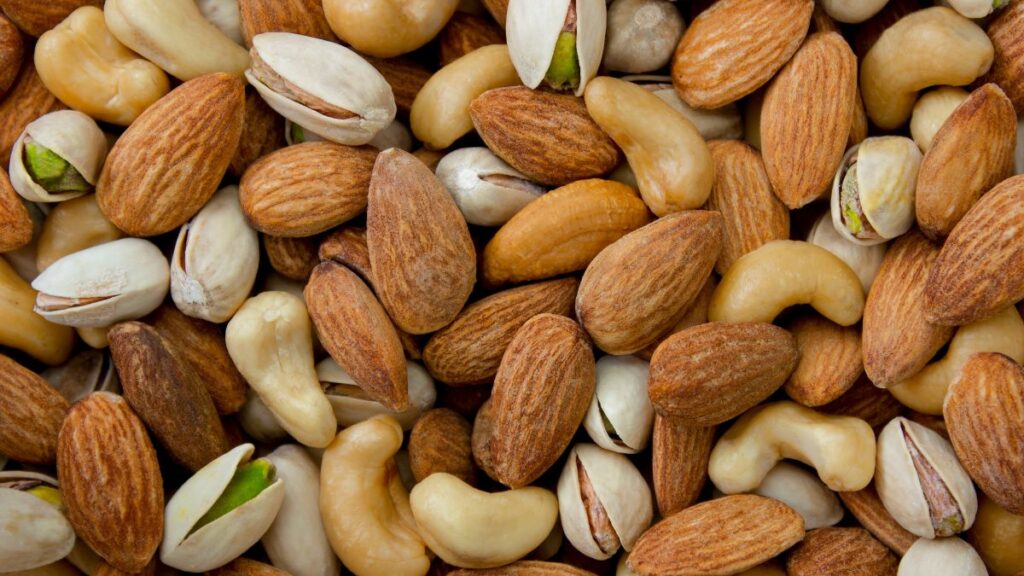
Nuts and seeds contain oils that can go rancid if left at room temperature for too long. Refrigeration helps preserve their freshness and prevents them from developing off-flavors.
Keeping nuts and seeds in the fridge also helps maintain their nutritional value, as heat can degrade their healthy fats. Store them in airtight containers to protect them from absorbing odors from other foods. If you have a large quantity, you can also freeze nuts and seeds to extend their shelf life even further.
Fresh Herbs
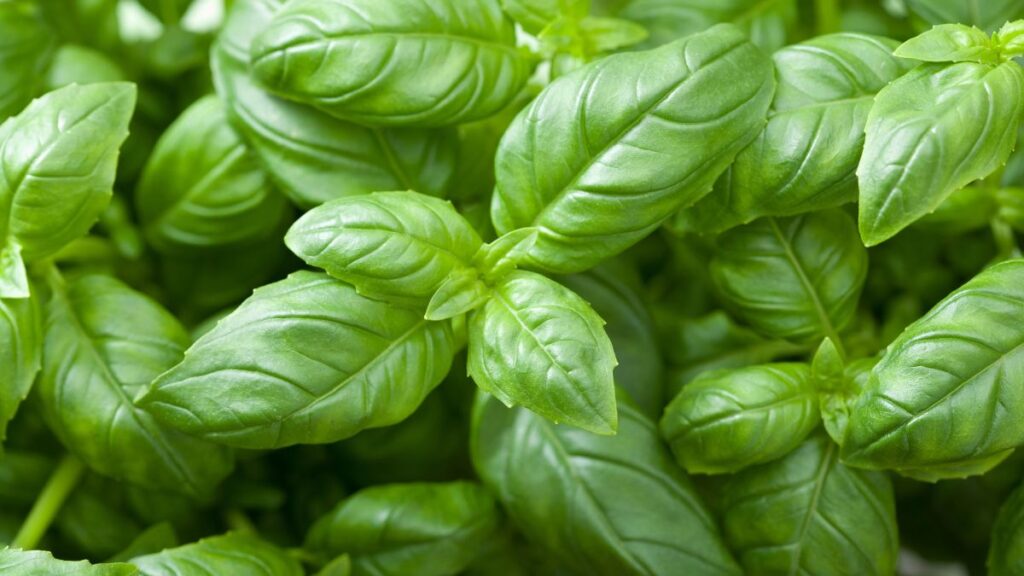
Fresh herbs like cilantro, parsley, and basil should be stored in the fridge to maintain their vibrant flavor and color. While some herbs can be kept in a glass of water on the counter, most will last longer if refrigerated.
Wrap them in a damp paper towel and place them in a plastic bag to keep them fresh. The cold temperature slows down wilting and keeps herbs from drying out. You can also freeze fresh herbs if you have an abundance, making them easy to use later.
Opened Canned Goods

Once you’ve opened a can of food, it’s important to refrigerate any leftovers to prevent spoilage. This applies to items like beans, vegetables, and soups, which can go bad quickly if left out.
Transfer the contents to a different container before refrigerating, as storing food in the opened can may cause a metallic taste. Keeping opened canned goods in the fridge also helps preserve their texture and flavor for later use. Be sure to consume them within a few days to avoid waste.
Bread (in Humid Climates)
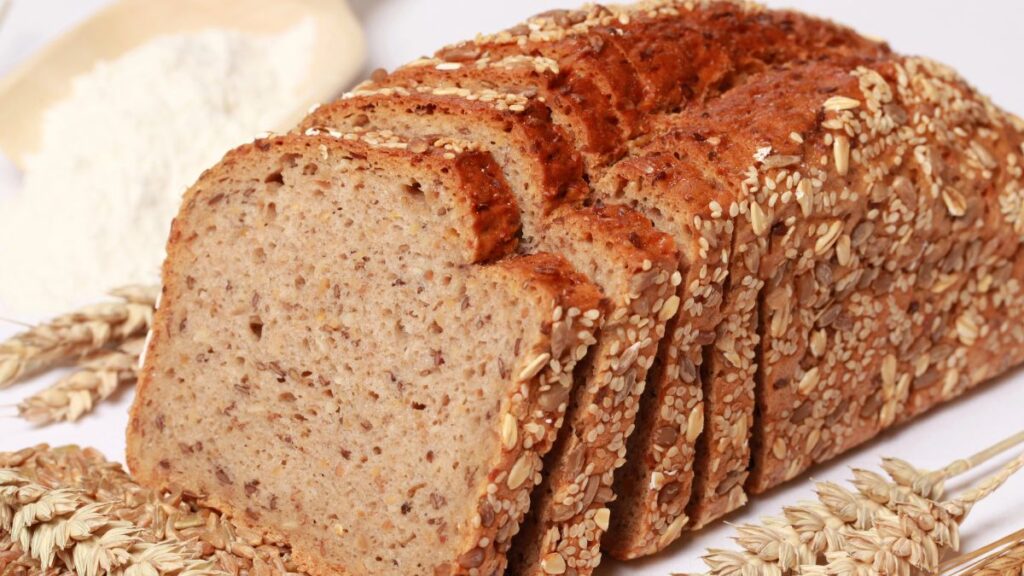
In humid climates, bread can quickly develop mold if left out at room temperature. Refrigeration helps prevent this by slowing down the growth of mold spores. While bread can become slightly stale in the fridge, it’s better than letting it spoil.
You can also freeze bread if you want to keep it fresh for an extended period. To enjoy it at its best, simply toast or warm the slices before eating. Be sure to keep bread in a sealed bag to prevent it from drying out.
Open Jars of Nut Butter
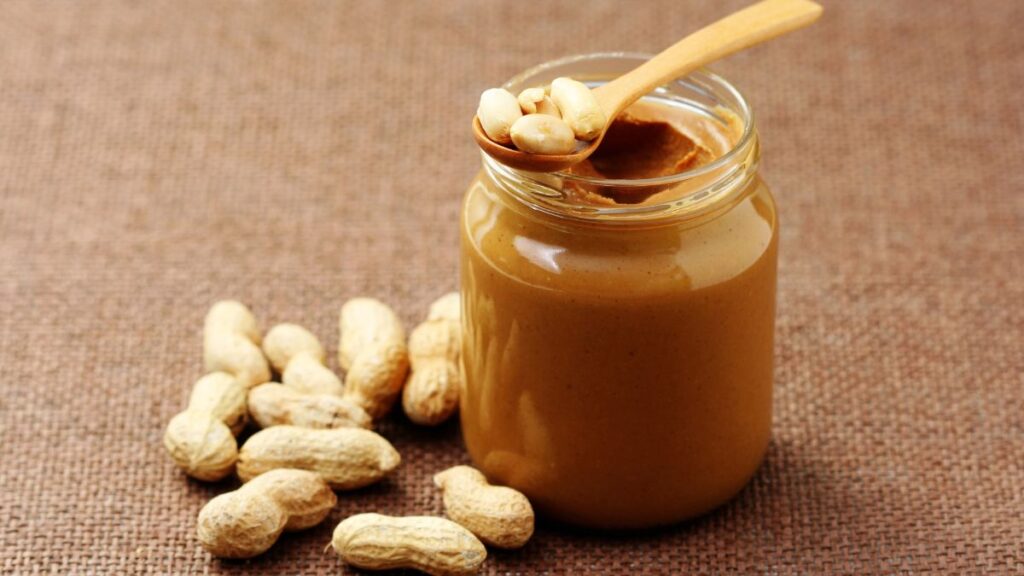
Natural nut butters, like peanut or almond butter, should be refrigerated after opening to prevent the oils from separating and going rancid. While some commercial brands may contain preservatives that allow them to be stored at room temperature, natural varieties lack these additives.
Refrigeration helps maintain the creamy texture and flavor of the nut butter, ensuring it stays fresh longer. Stir the nut butter well before refrigerating to evenly distribute the oils.
Certain Oils

Some oils, like flaxseed oil and walnut oil, should be refrigerated to prevent them from going rancid. These oils are more delicate and can spoil quickly if exposed to heat and light.
Refrigeration helps preserve their nutritional properties and prevents them from developing an off taste.
Store oils in a dark, airtight container to protect them from light exposure. Olive oil, on the other hand, can be stored at room temperature but should be kept in a cool, dark place.
Eggs

Eggs should always be refrigerated to keep them safe and fresh. The cold temperature helps prevent the growth of harmful bacteria like Salmonella. While some countries store eggs at room temperature, refrigeration is essential in the U.S. due to how eggs are processed.
Keeping them in the fridge can also extend their shelf life, ensuring you can use them safely for longer. Always store eggs in their original carton to protect them from absorbing odors from other foods.
Dairy Products

Milk, cheese, and yogurt are all dairy products that must be refrigerated to stay fresh. The cold environment slows down the growth of bacteria, which can cause these products to spoil quickly.
Whether it’s a block of cheddar or a tub of Greek yogurt, keeping dairy in the fridge helps maintain its texture, flavor, and nutritional value. Even hard cheeses, which can last longer than soft ones, should be stored in the fridge to avoid mold and spoilage. Always check the expiration dates and use them before they go bad.
Leftovers

Leftovers should be promptly refrigerated to prevent bacterial growth. Foods left out at room temperature for more than two hours can enter the “danger zone” where bacteria multiply rapidly.
By storing leftovers in airtight containers and placing them in the fridge, you can enjoy them safely the next day. Be sure to reheat leftovers thoroughly before consuming to kill any potential bacteria. Labeling leftovers with the date they were made can help you keep track of how long they’ve been stored.
Many Condiments

While many condiments like ketchup and mustard can sit on the pantry shelf before opening, they should be refrigerated after opening. Refrigeration helps preserve the flavor and freshness of condiments by slowing down the oxidation process.
Items like mayonnaise, salad dressings, and sauces contain ingredients that can spoil if left out. Storing them in the fridge also prevents separation and keeps them tasting their best. Always check the label for specific storage instructions.
Butter
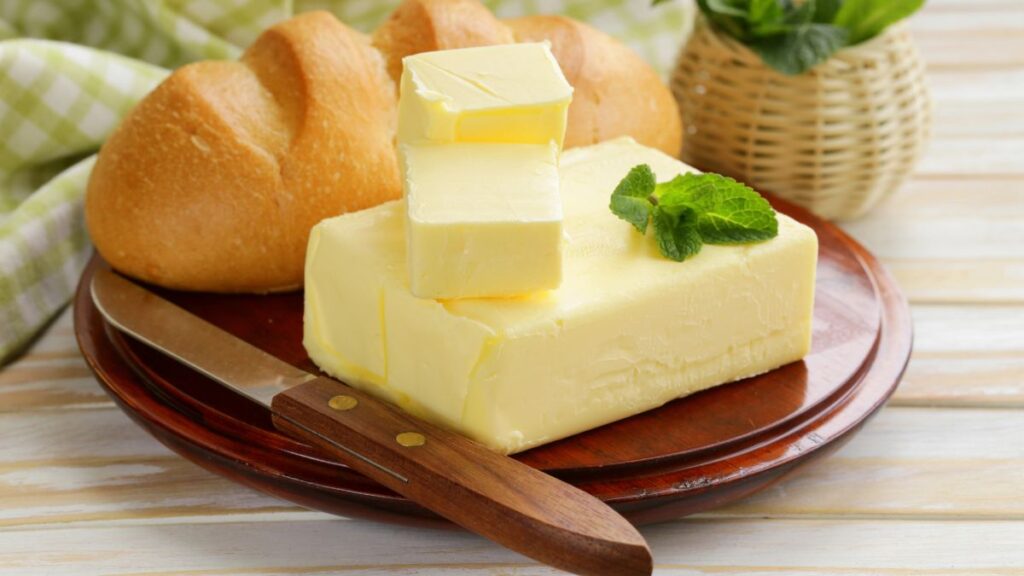
Butter should be kept in the fridge to prevent it from going rancid. While some people prefer to keep a small amount of butter at room temperature for easy spreading, the rest should be refrigerated.
The fat content in butter makes it susceptible to absorbing strong odors from other foods, so it’s best stored in an airtight container. Refrigerated butter can last for several weeks, and if you want to extend its life even further, you can freeze it. Just be sure to wrap it tightly to avoid freezer burn.
Fresh Meat and Poultry

Fresh meat and poultry must always be refrigerated to prevent spoilage and the growth of harmful bacteria. These foods are particularly susceptible to contamination, so keeping them cold is crucial.
Store them in the coldest part of your fridge and use them within a few days, or freeze them if you don’t plan to use them right away. Make sure to place raw meat and poultry in a leak-proof container to prevent cross-contamination with other foods in your fridge.
Fish and Seafood
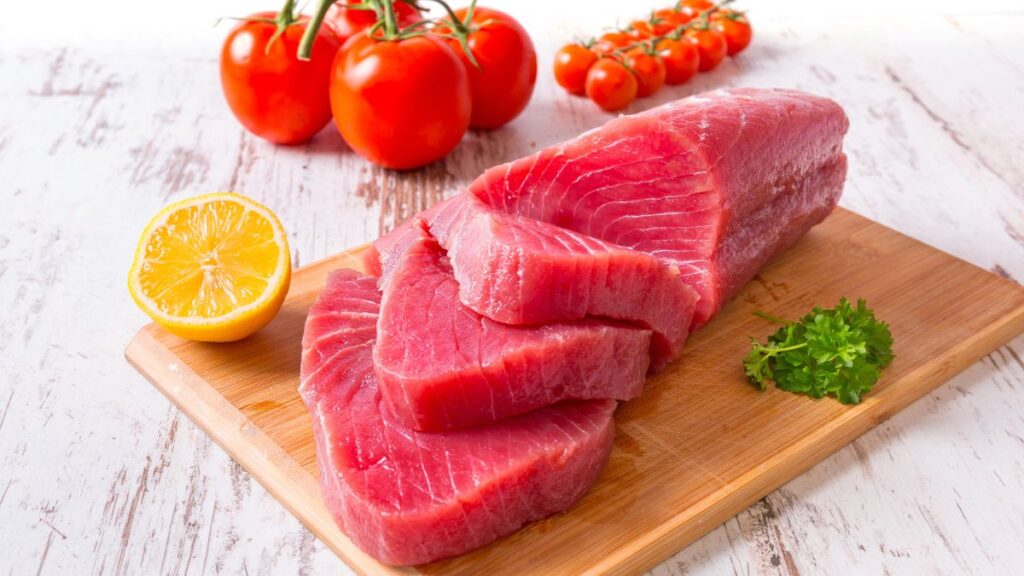
Fish and seafood are highly perishable and should be refrigerated immediately after purchase. These items can spoil quickly if not stored properly, leading to unpleasant odors and potential foodborne illnesses.
Keeping fish and seafood cold preserves their texture and flavor, ensuring they remain fresh for as long as possible. Like meat, fish, and seafood should be kept in airtight containers to prevent cross-contamination. If you’re not planning to use them within a day or two, consider freezing them.
Some Fresh Produce
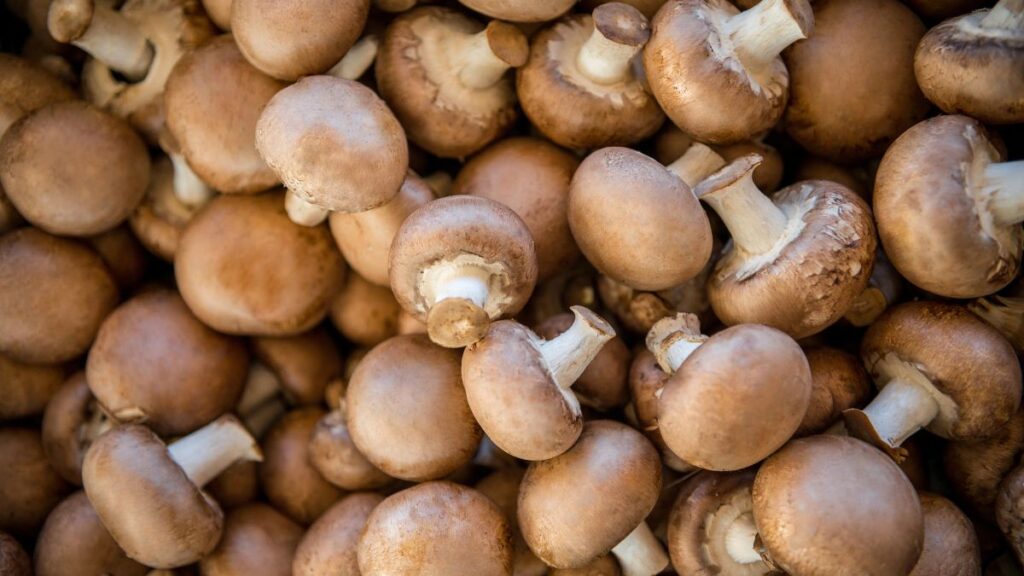
While not all fruits and vegetables require refrigeration, many do to stay fresh longer. Leafy greens, berries, and mushrooms are just a few examples of produce that benefit from cold storage. The fridge slows down the ripening process, preventing fruits and vegetables from spoiling too quickly.
Be sure to store them in the crisper drawer where humidity levels are higher, which helps keep them crisp and fresh. Some fruits, like apples and pears, should be refrigerated after they ripen to extend their shelf life.
Cooked Grains
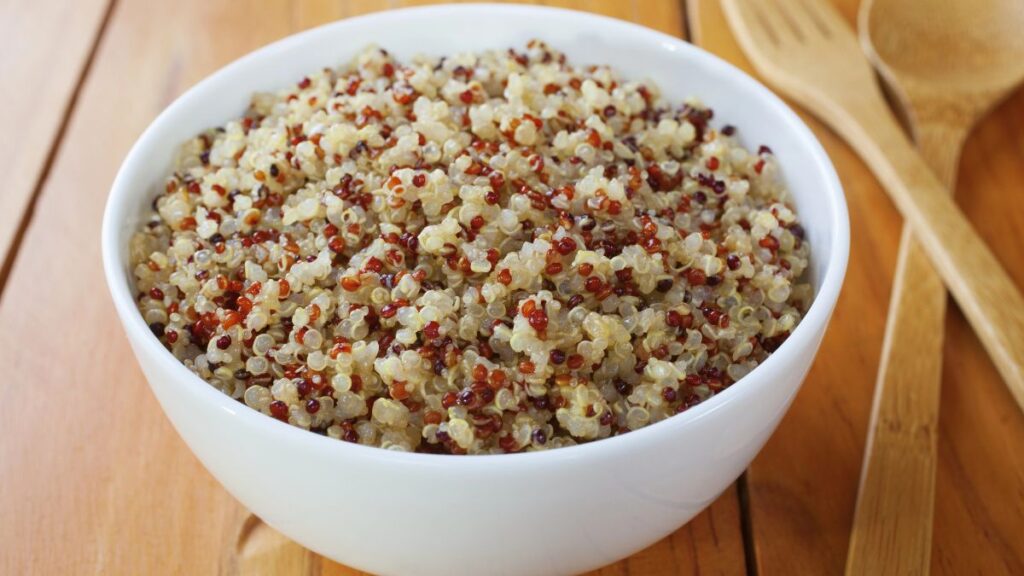
Cooked grains, such as rice, quinoa, and pasta, should be refrigerated to prevent bacterial growth. These foods can harbor harmful bacteria if left out for too long, leading to foodborne illnesses.
By storing cooked grains in the fridge, you can enjoy them safely over the next few days. Keep them in airtight containers to preserve their moisture and prevent them from drying out. Reheat thoroughly before eating to ensure they’re safe to consume.
15 Practical Ways to Save Money During Retirement

Entering retirement doesn’t have to mean giving up a comfortable lifestyle. With strategic planning and simple adjustments, it’s possible to make the most of your retirement income and enjoy a financially secure life.
15 Practical Ways to Save Money During Retirement
15 Foods Only The Wealthy and Elite Can Eat Now

Culinary trends are constantly evolving, and some foods have become more than just sustenance—they’ve become status symbols reserved for the elite.







